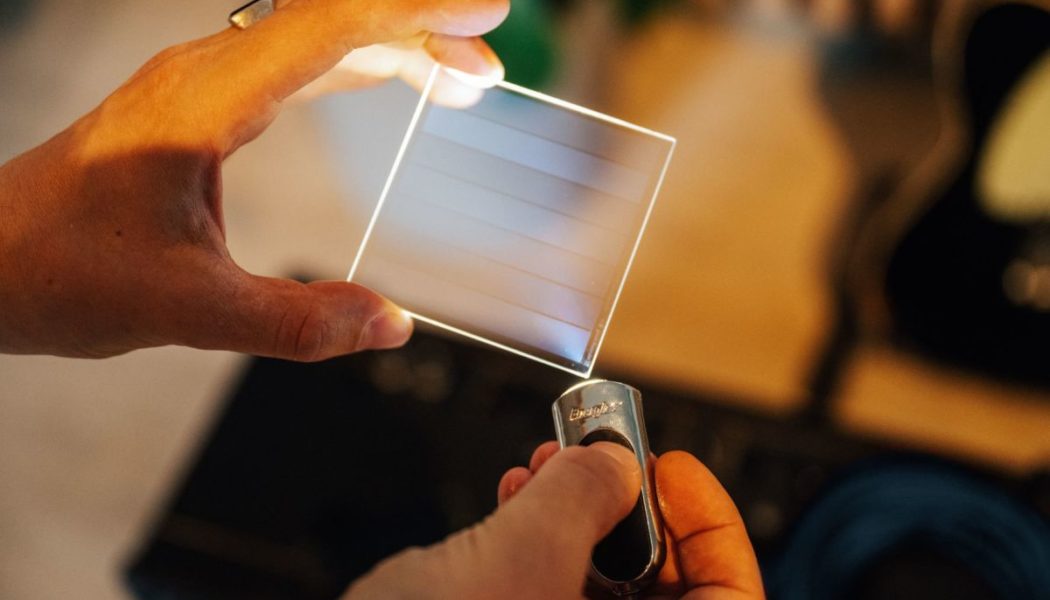Microsoft
So Long, Internet Explorer: Microsoft Finally Kills Off Browser at 26
Even most Windows users would be surprised that Microsoft’s once-dominant Internet Explorer was still operational until today, but now the web browser has officially been shut down. Now out of support, Internet Explorer 11 has been pushed out in favor of Microsoft Edge after nearly 27 years in existence. Microsoft first announced IE would be retired in May 2021, revealing June 15th, 2022 to be its expiration date. “Not only is Microsoft Edge a faster, more secure, and more modern browsing experience than Internet Explorer, but it is also able to address a key concern: compatibility for older, legacy websites and applications,” the company wrote in a blog post. Starting today, the few stragglers who still use Internet Explorer (yes, apparently they exist) will be redirected to Edge. IE...
Microsoft Developed Glass for Norway’s “Doomsday Vault” Capable of Storing Music for Thousands of Years
Your favorite songs may well live on for thousands of years to come, thanks to a new innovation in the world of musical storage. First there was the CD. Then the MP3. Now the silica glass capsule, courtesy of Microsoft. In case it seems curious that the next evolution in music storage is transitioning from a digital format back to analog, that’s because these particular songs need to withstand whatever forces known and unknown the universe has at its disposal. Last year, Elire Management Group announced the development of a Global Music Vault, also known as the “doomsday vault” due to its ability to withstand ice and snow at a depth of 1,000 feet. The vault is being developed on the Svalbard archipelago north of Norway and will safeguard timeless works from the Beat...
Microsoft Making Glass Platters That Store Music Data
Microsoft officially has our backs for when the impending apocalypse wipes out our music libraries. The tech giant has partnered up with Oslo-based Elire Group for the latter’s Global Music Vault initiative, using pieces of glass to preserve the world’s most important music recordings. Together, Microsoft and Elire Group have created what they call a Proof of Concept (PoC) glass platter, which will store a sample selection of music files. The PoC platter is about the size of a coaster, and can hold 100 gigabytes of data in any digital format, encrypted or unencrypted. A laser encodes data in the platters by creating layers of microscopic engravings, which artificial intelligence algorithms can then read back by decoding those images and patterns. Microsoft debuted the PoC platters a f...
Red Hat Ansible Automation Platform Now Available on Microsoft Azure
We use cookies on our website to give you the most relevant experience by remembering your preferences and repeat visits. By clicking “Accept All”, you consent to the use of ALL the cookies. However, you may visit “Cookie Settings” to provide a controlled consent.
Microsoft-Made Glass Encoded With Thousands of Songs Headed to Doomsday Vault in Norway
LONDON —A Norwegian company that is planning to create a doomsday vault to preserve the world’s most important music works has partnered with Microsoft on what it calls a “paradigm-breaking” storage solution capable of holding recordings for many thousands of years. Oslo-based Elire Group teamed up with the tech giant to come up with a “proof of concept” silica glass platter that can be used as a medium for storing master-quality digital copies of music recordings, which are burnt into the glass using state-of-the-art laser optics. Elire plans to initially store the glass capsules in a dedicated space inside the Arctic World Archive, an existing underground storage facility located on a remote arctic island midway between Norway and the North Pole. Opened in 2017, the Arctic World Archive ...























